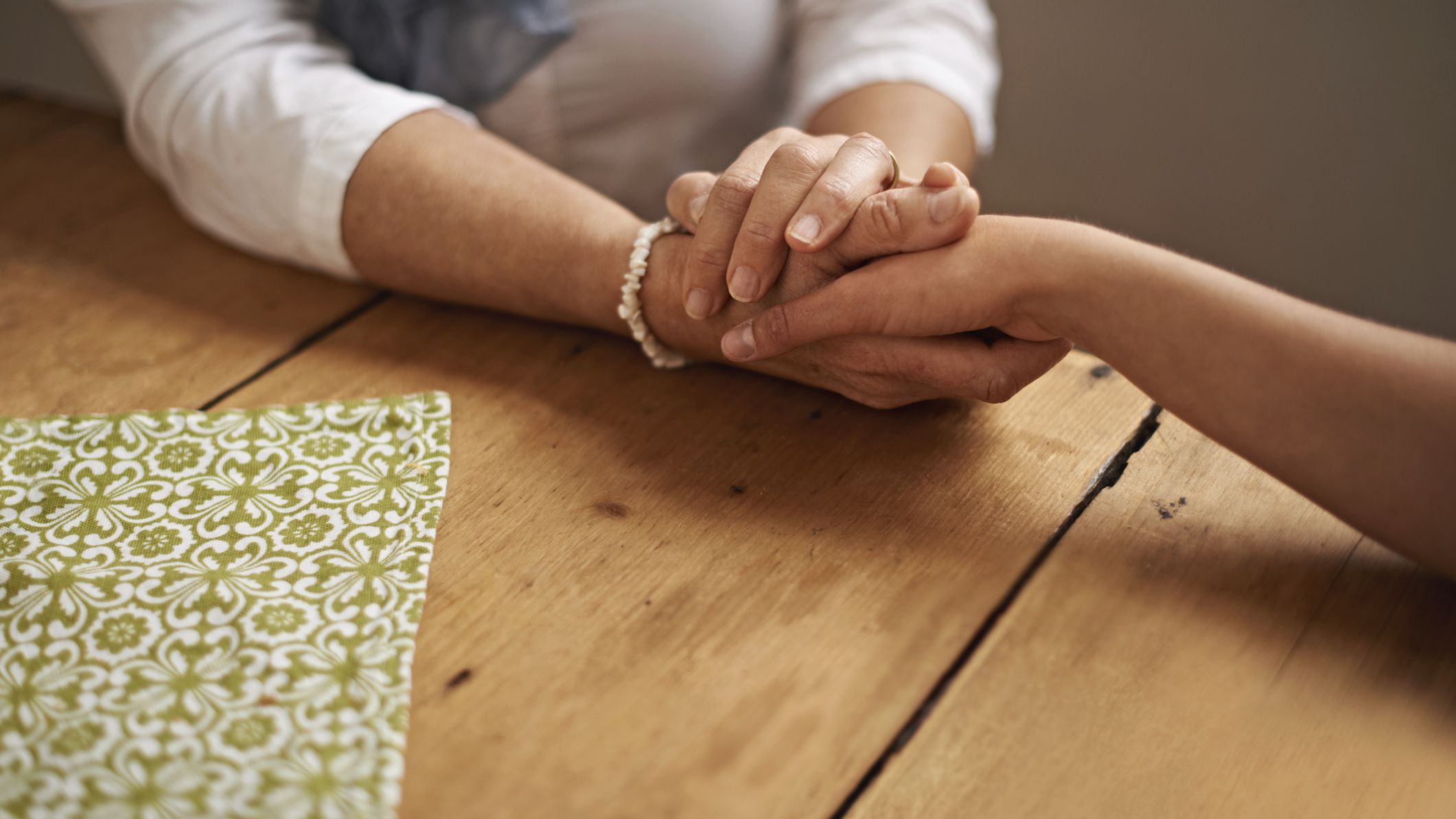Call our crisis line (780-875-0966) to get more information and support on safety planning.
A safety plan involves identifying the steps you can take to increase your safety and helps to prepare you and your children in advance for the possibility of further violence.

You do not deserve to be abused.
If you are planning to leave, here are some things you can do:
- If possible, put aside an amount of money in cash to avoid being detected when you leave.
- Keep an extra set of car or house keys at a safe place (friend or family member’s house).
- Open a separate bank account in your name and put as much as you can into it. Avoid getting the bank statement sent to the address you share with your partner.
- Copy and collect all important documents and store them in a safe place (friend/family member’s home or a safety deposit box in a bank that your partner does not go to)
- Health Care and Social Insurance Cards
- Credit and bank cards, cheque book
- Birth certificates (for you and your children)
- Passport, immigration or citizenship papers
- Titles of property, lease, mortgage, and insurance papers
- Immunization cards for your children
- Driver’s license and car registration
- Custody order, separation or divorce papers
- Medical prescriptions
The following suggestions will help keep you safe:
- Know your partners’ triggers (i.e. stress, pay days, alcohol).
- Move to a space that is low risk when you suspect there will be an argument.
- Try to stay out of places that do not have exists (i.e. bathrooms, bedrooms).
- Know escape routes from different areas of your home – teach your children these routes and practice using the escape routes from different areas.
- Have a safe meeting place outside the home in case you and your children become separated.
- Ensure your children know your address and telephone number.
- Teach your children how to use the telephone and how to dial 911 in case of emergency.
- Have a code word for your children and your family so that they know to call for help when they hear that word.
- If you call someone and do not want your partner to know, call another number that is non-threatening to your partner immediately after, so your call cannot be traced.
- Be aware of your children’s ability to keep information confidential and be sure they do not overhear information that you do not want your partner to know.

